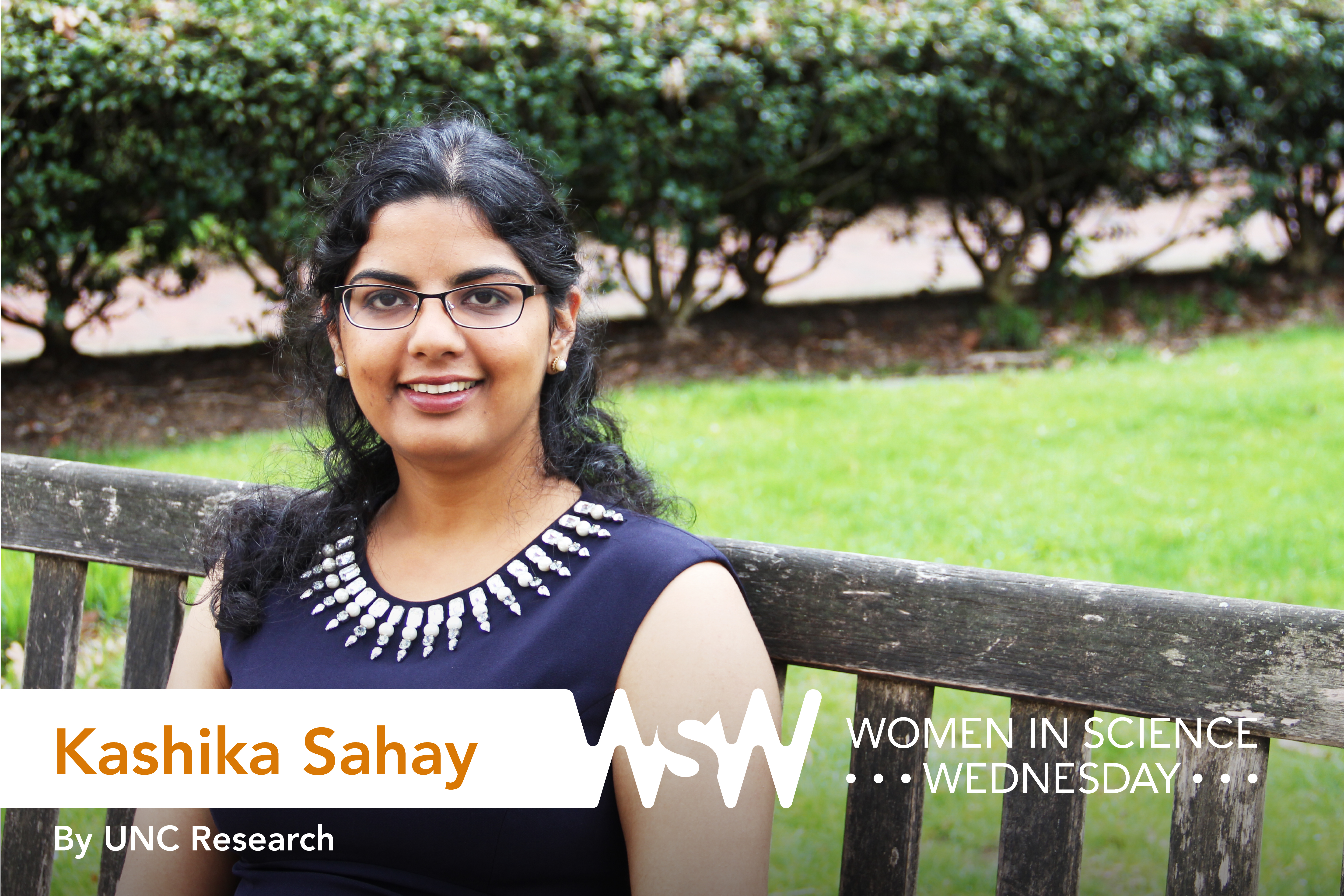When you were a child, what was your response to this question: “What do you want to be when you grow up?”
Describe your research in five words.
“Finding solutions for vulnerable populations.”
In middle school, I had a phase where I wanted to be a linguist. I started taking Latin, and I was so fascinated by how that language evolved and became so essential to communication, but ultimately died and was rendered obsolete. In college, I was obsessed with Sanskrit for similar reasons.
Share the pivotal moment in your life that helped you choose research as a career path.
Alex Lightfoot and Geni Eng’s class on community based participatory research at UNC really helped me see that research for research’s sake is important — but research that takes into account the needs and priorities of the communities we serve has a potential for meaningful change. Public health practitioners must work with the communities we serve.
Geni once used a powerful metaphor that I often come back to: Research is like a “table.” When organizing studies, this helps a researcher think about stakeholders — not only who is sitting at the table, but who set the table, who invited people to the table, where the table is located. For example, do you meet at UNC where parking is awful or do you meet somewhere in the community? All those questions really shape how your research happens and who it influences!
What’s an interesting thing that’s happened during your research?
When I tell people that my research is about the “dark side of maternal and child health” including violence, vulnerability, and miscarriage, I typically get a nervous laugh in response. I think the most important thing I have learned from my work is that there is always room for hope and laughter — even in the darkest moments. We can never forget our ability to laugh.
What advice would you give to up-and-coming female researchers in your field?
Strive to take the most advanced classes in your field and “own” becoming an expert. To the general public: Scientific research sometimes invokes images of lab coats and animal experiments, but the term, and the role, is much broader than that. In my view, you are a scientist if you systematically and rigorously synthesize data (in any form) in an effort to improve, change, or expand our current knowledge. I want up-and-coming female researchers to embrace a broader definition of what it means to be a scientist and the responsibilities that accompany that role.


